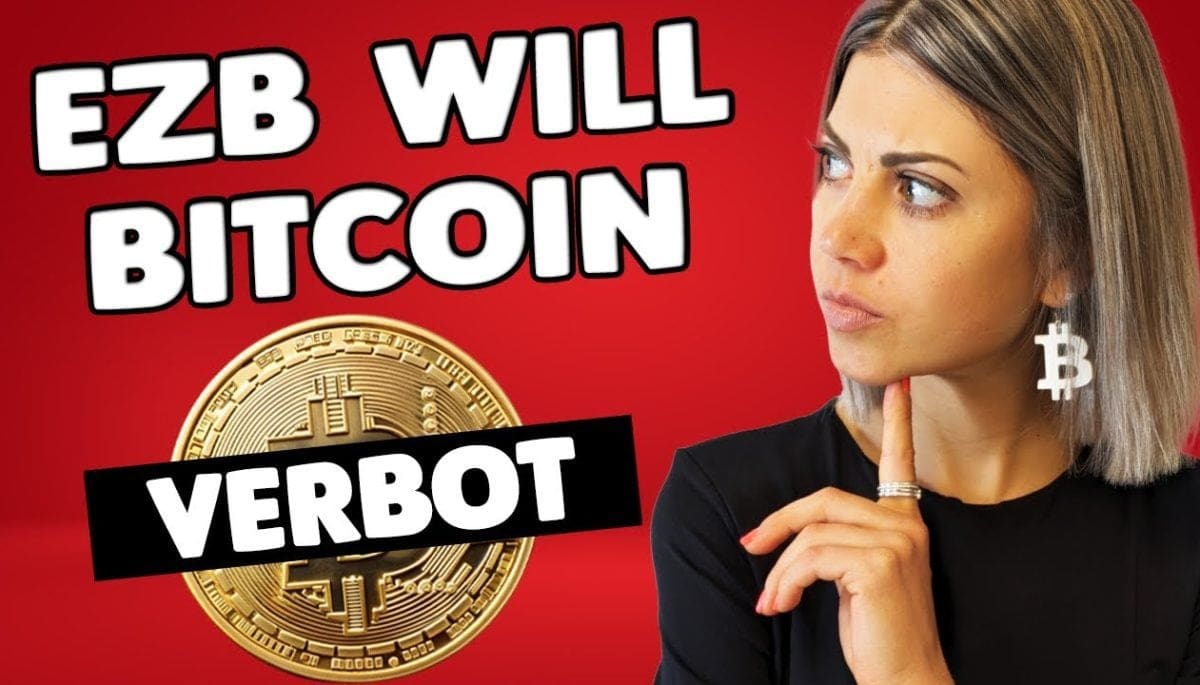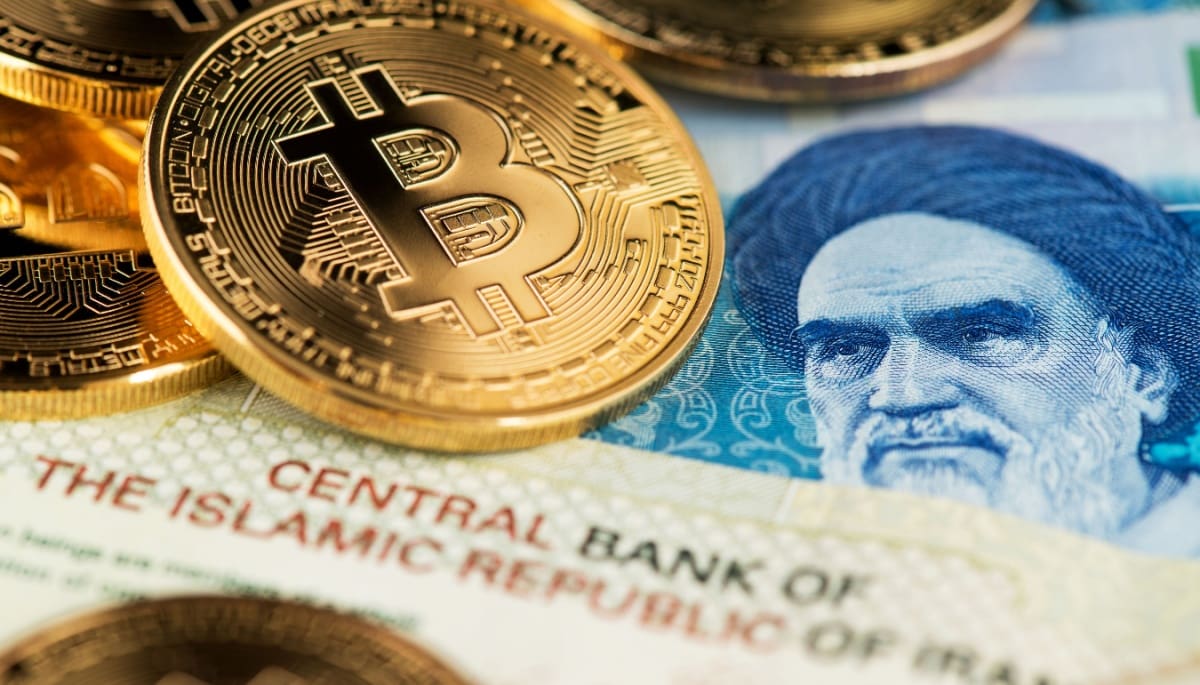The European Central Bank (ECB) has caused a stir in the cryptocurrency community with a new research paper on the distributional effects of Bitcoin. The 29-page document, which deals with the social effects of an ongoing Bitcoin (BTC)-Price increases come to remarkable conclusions. In this article I would like to share my thoughts on what is in the ECB paper and how it compares to the development of gold. I have looked at the key messages of the document and comment on what I think about them. I also take a look at why I believe Bitcoin will still play an important role.
The main statements of the ECB paper
In its report, the ECB criticizes Bitcoin for failing to fulfill its original promise from 2008 to become an alternative global means of payment. Instead, they increasingly see Bitcoin as a speculative investment that is primarily intended for… Early adopters benefits. These should be able to make huge profits, while others who invest later or are not involved at all are left behind. This unequal distribution of wealth is presented as a social problem that could lead to frustration in the long term. I find the statement that people who don’t own Bitcoin have reasons to actively oppose Bitcoin particularly exciting.
I have to admit that I see some of these points differently. Bitcoin is more than just a speculative investment – it is a technology that can serve as a secure store of value and protection against inflation. The blockchain technology on which Bitcoin is based also offers versatile applications that go far beyond what the ECB report seems to take into account.
What does this mean for society?
The ECB’s warnings sound drastic: Should the… Bitcoin price continue to rise, those who invested early will particularly benefit, while latecomers or non-owners remain poor. This could lead to a division in society as Bitcoin owners would build wealth at the expense of others. This argument is very reminiscent of the discussions about gold in the 1930s. At that time there was even a ban on gold in the USA because people were afraid that the price of gold would rise sharply and only the rich could benefit from it. So the comparison between gold and Bitcoin is not far-fetched.
Just as gold has appreciated significantly in the past, Bitcoin could experience a similar development. While early adopters certainly have an advantage in both Bitcoin and gold, history shows that there are always ways to regulate new markets and make them more widely accessible.
Education as a solution instead of bans
I firmly believe that it makes more sense to educate the population about Bitcoin and cryptocurrencies rather than banning or heavily regulating them. A ban, as the ECB suggests, would do more harm than good in the long term. In the United States, the gold ban did not eliminate wealth inequality. Instead, it fueled even more distrust and uncertainty. Bitcoin could follow a similar trajectory if Regulations become too strict. Instead, we should focus on educating people about the opportunities and risks of cryptocurrencies.
I hope I was able to give you a good overview. For a detailed analysis, I recommend you watch the video in which I discuss the ECB paper and the possible social consequences of Bitcoin in detail.
If you want to delve even deeper into the topic and find out more exciting information about Bitcoin, cryptocurrencies and financial topics, then be sure to check out my YouTube channel MissCrypto over! There are regular videos there with analyses, news and helpful tips. Subscribe to the channel and don’t miss any updates!
Post Views: 19



